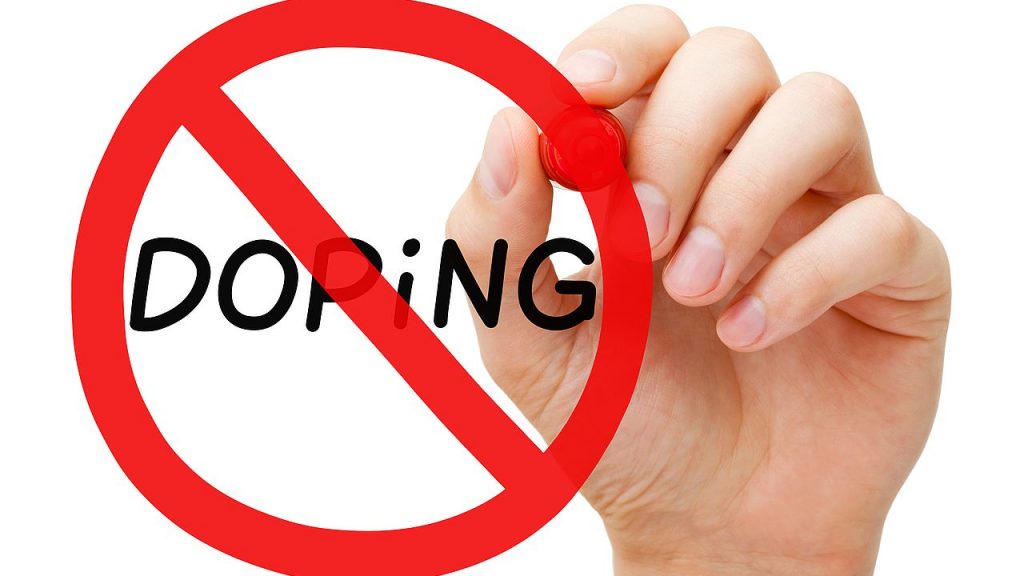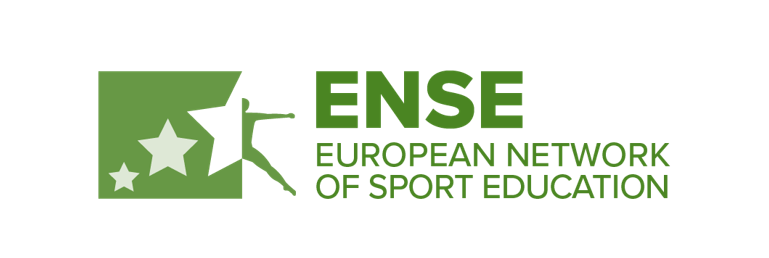
After two years of hard work, the Blueprint for Skills Cooperation and Employment in Active Leisure project is officially concluded. The outcome has been to review, test and trial the delivery of a fully quality assured education and training programme for current and future instructors and animators in the Active Leisure sector.
The project focused on developing new skills for current and future workers, for improving employability of young people, and supporting entrepreneurship and growth across the sector. The four main objectives of the project were:
These goals were achieved through a combination of eleven different intellectual outputs, which combine to form the future Blueprint for the Active Leisure sector. You can find the compendium of all outputs here.
In addition, as part of the project, a study on the trends and future skills needed in the sector (Foresight for the Fitness Sector: Results from a European Delphi Study and Its Relevance in the Time of COVID-19) has been published by members of the project.

"Anti-doping education is currently at an early stage and there are several needs that must be addressed".
New Erasmus+ project Virtual Reality Approach to Anti-Doping Learning (VIRAL) aims to improve anti-doping education in a groundbreaking way. ENSE is now part of this exciting project!
The project argues that anti-doping education should be based on state-of-art learning pedagogies and it should be concerned with changing mindsets, intentions and behaviours towards doping use by reducing the risk factors and promoting the protective factors against doping.
In order to achieve this, VIRAL will follow these methods:
Follow us on Facebook, Twitter and Linkedin to stay tuned to the latest news from this exciting project!

ENSE firmly believes in the benefit of exchange and cooperation to not only develop the field of sport education, but to build bridges between people of different backgrounds.
Though the Covid-19 pandemic has forced many to stay put, travel will nonetheless return as an essential part of that exchange and cooperation. However, we are also not blind to the negative environmental impact caused by travel. Thus, on November 11th 2020, the ENSE Board approved a new Green Travel Policy that applies to all travel paid through ENSE.
According to the new Green Travel Policy, all travel that can be completed by train, one-way, in 5 hours or less will be done by train or road. Added to that, when available at reasonable costs, travelers will endeavor to book recognized, sustainable accommodation. ENSE will also donate 10 EUR per return flight to a recognized carbon offset provider.
Our new policy aims to ensure that all aspects of travel including vehicle rental, lodging, local transportation and allowances for meals and incidentals are regulated in a way that they cause the least negative environmental impact possible.
You are welcome to review the policy here. Organisations are also welcome to use this as a template for their own policies. Critical, constructive feedback is also welcome via info (a) sporteducation.eu.

On Thursday, November 19, 2020, at 16:00-17:30 the Consultative Committee of the Council of Europe’s Enlarged Partial Agreement on Sport (EPAS) will organize the virtual workshop Raising Awareness on Human Rights in Youth Sports: The Role of Sport Organizations and Educational Institutions, moderated by Consultative Committee Bureau member – Secretary General ENSE, Louis MOUSTAKAS, with the participation of:
Dorothy ROZGA, Head Child Rights, Centre for Sport and Human Rights Anne TIIVAS, Chair, Safe Sport International
Sara MASSINI, Secretary General, ENGSO
Marija CRNKOVIĆ, Head of Service of international cooperation, Ministry of Sport, Croatia
Iris HUGO-BOUVIER, Football and Social Responsibility Coordinator, UEFA
Peter BRULL, Sports Director, European Olympic Committees
Stanislas FROSSARD, EPAS Executive Secretary, Council of Europe
Led by Kole GJELOSHAJ, Chair of the CC and Deputy Secretary General of ISF, the workshop will include 60-minute lectures followed by 30-minute questions and discussions on the following topics:
You can find more information about the event here.